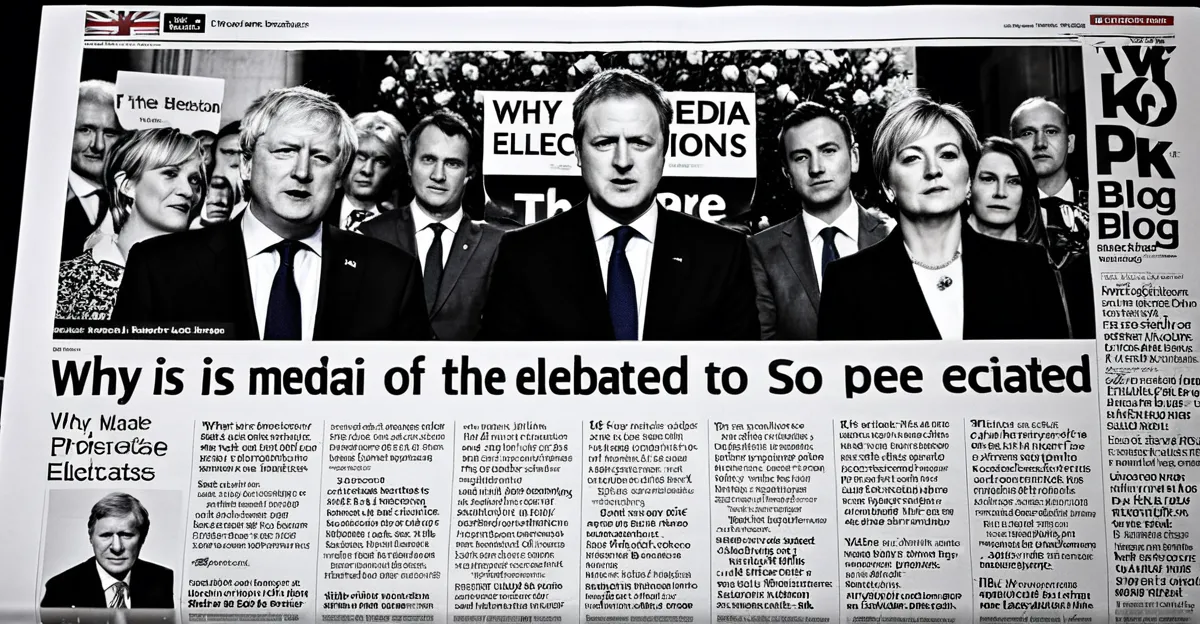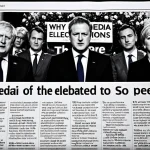Understanding the Controversy of Media Influence in UK Elections
The media controversy surrounding UK elections often centers on concerns about how media outlets can shape public opinion and potentially sway election results. This debate arises because the media serves as a primary source of information for voters, making its role highly influential and, at times, contentious. When media intervention crosses perceived lines of fairness or impartiality, it sparks public distrust and political backlash.
One notable reason for this scrutiny is the power of media to frame election narratives, emphasizing certain issues or candidates while downplaying others. Media influence becomes especially controversial when outlets appear to promote particular political agendas, causing fears that the democratic process might be undermined.
In parallel : How Are Recent Policies Impacting Everyday Lives in the UK?
Key moments have intensified this controversy. For example, coverage during the Brexit referendum and several general elections exposed how selective reporting and editorial bias could shape voter perceptions. These episodes prompted calls for greater accountability and transparency in election reporting.
Ultimately, understanding the media controversy in UK elections requires examining the delicate balance between press freedom and responsible reporting, as media actions directly affect how the electorate interprets political choices.
Have you seen this : Discover free online dating with women in scanie today
Media Bias and Its Impact on Electoral Outcomes
Media bias is a central issue in the debate over election coverage in the UK. It refers to patterns of partisan reporting where news outlets emphasize stories or viewpoints favoring certain political parties or candidates, potentially skewing voter perception. Such bias can subtly influence public opinion by prioritizing specific narratives while minimizing opposing ones.
Editorial choices play a crucial role in shaping how voters understand election issues. Decisions about what to highlight, the language used, and which voices are amplified all affect the audience’s impressions. For instance, biased headlines or selective interviews can color perceptions of a candidate’s competence or policies. This has significant implications for a democratic process reliant on informed voters.
Notable examples of alleged bias have emerged in recent UK elections, drawing intense scrutiny. For example, accusations that some tabloids and broadcasters favored particular parties have raised questions about press impartiality. These incidents highlight persistent challenges in maintaining balanced coverage. Addressing media bias requires transparent editorial standards and vigilant oversight to uphold trust in the media’s role during elections.









